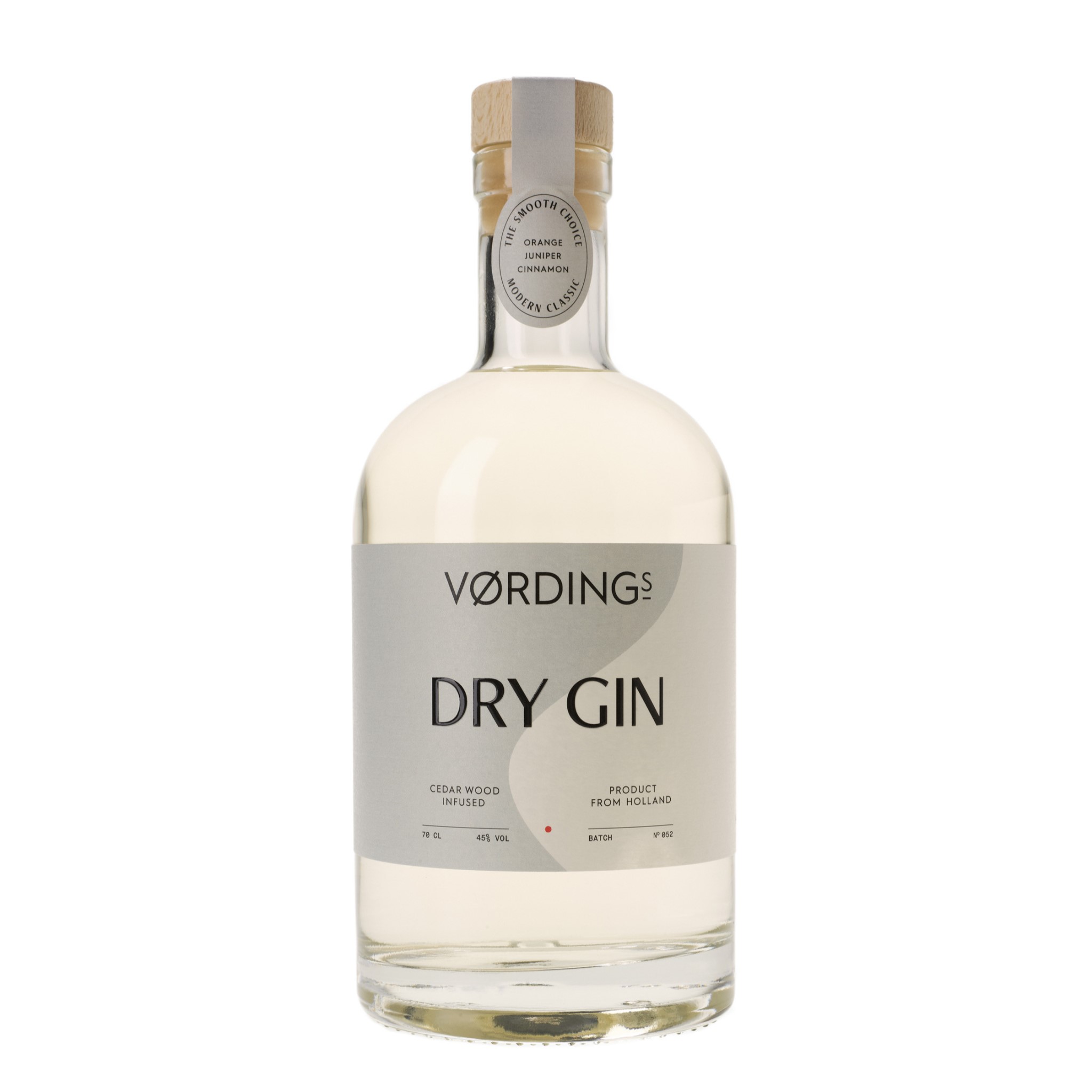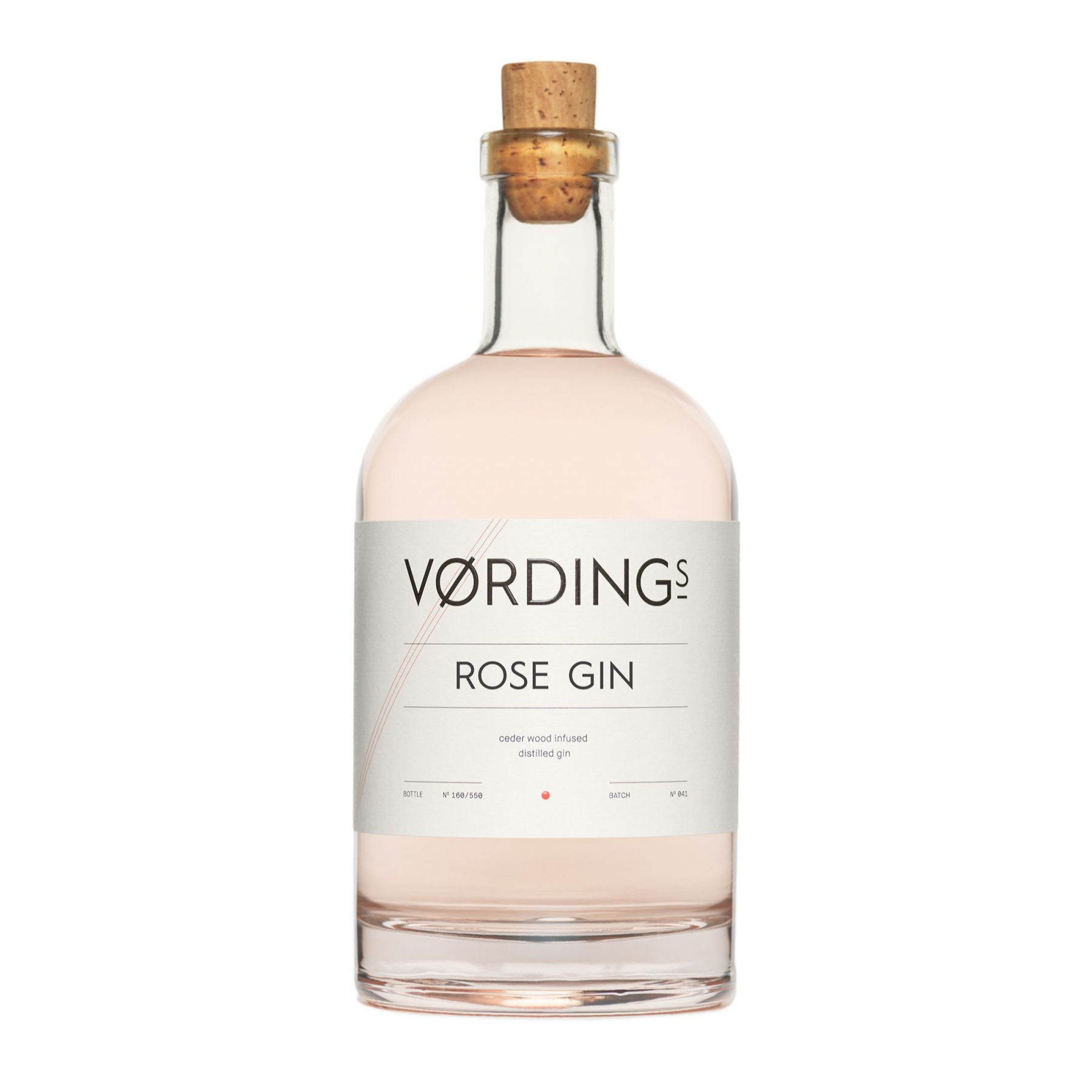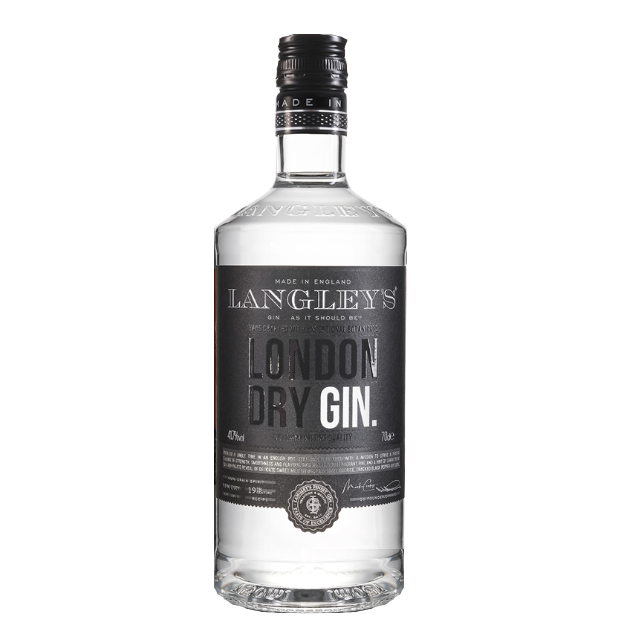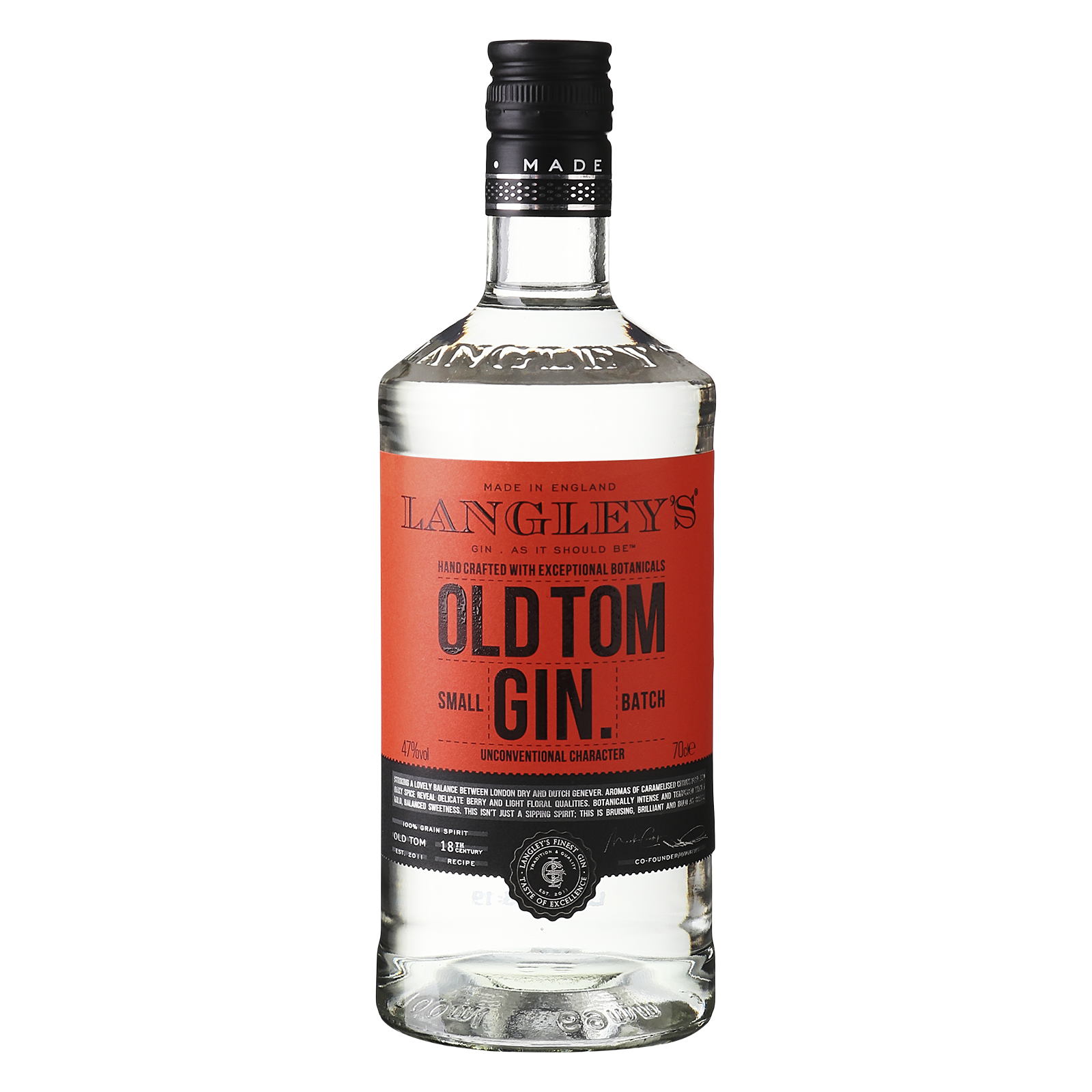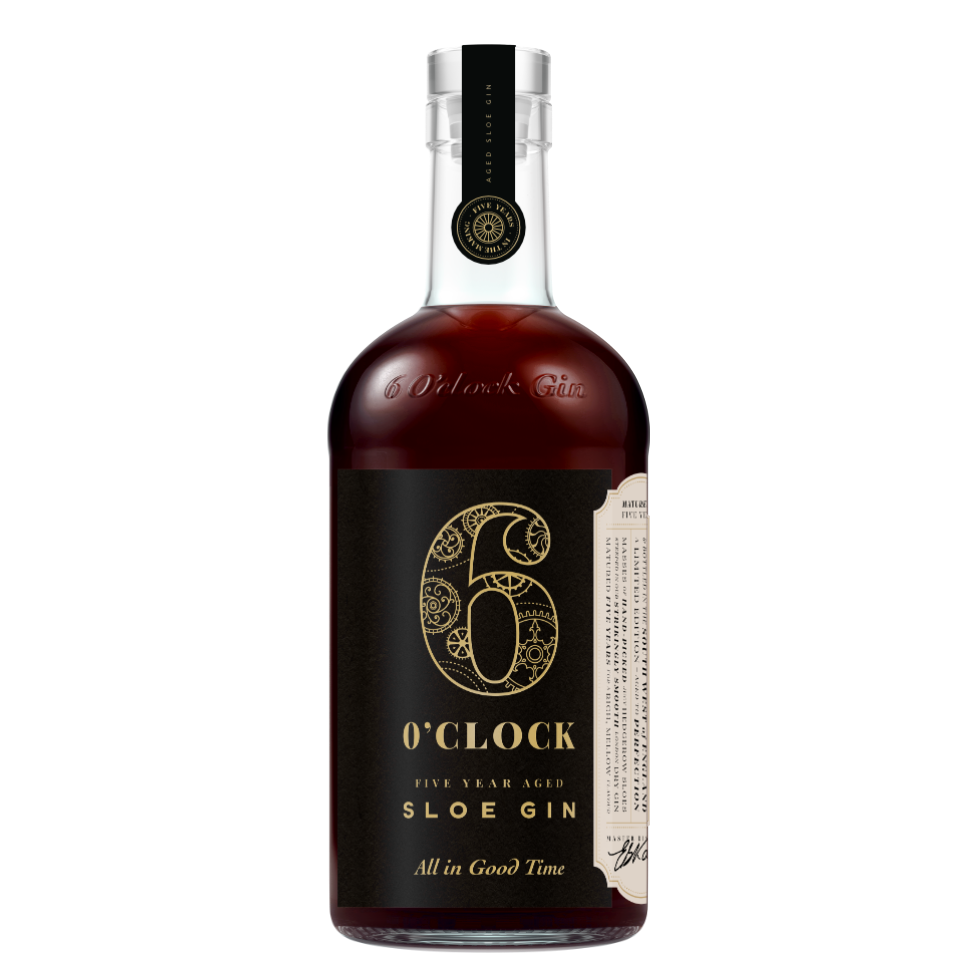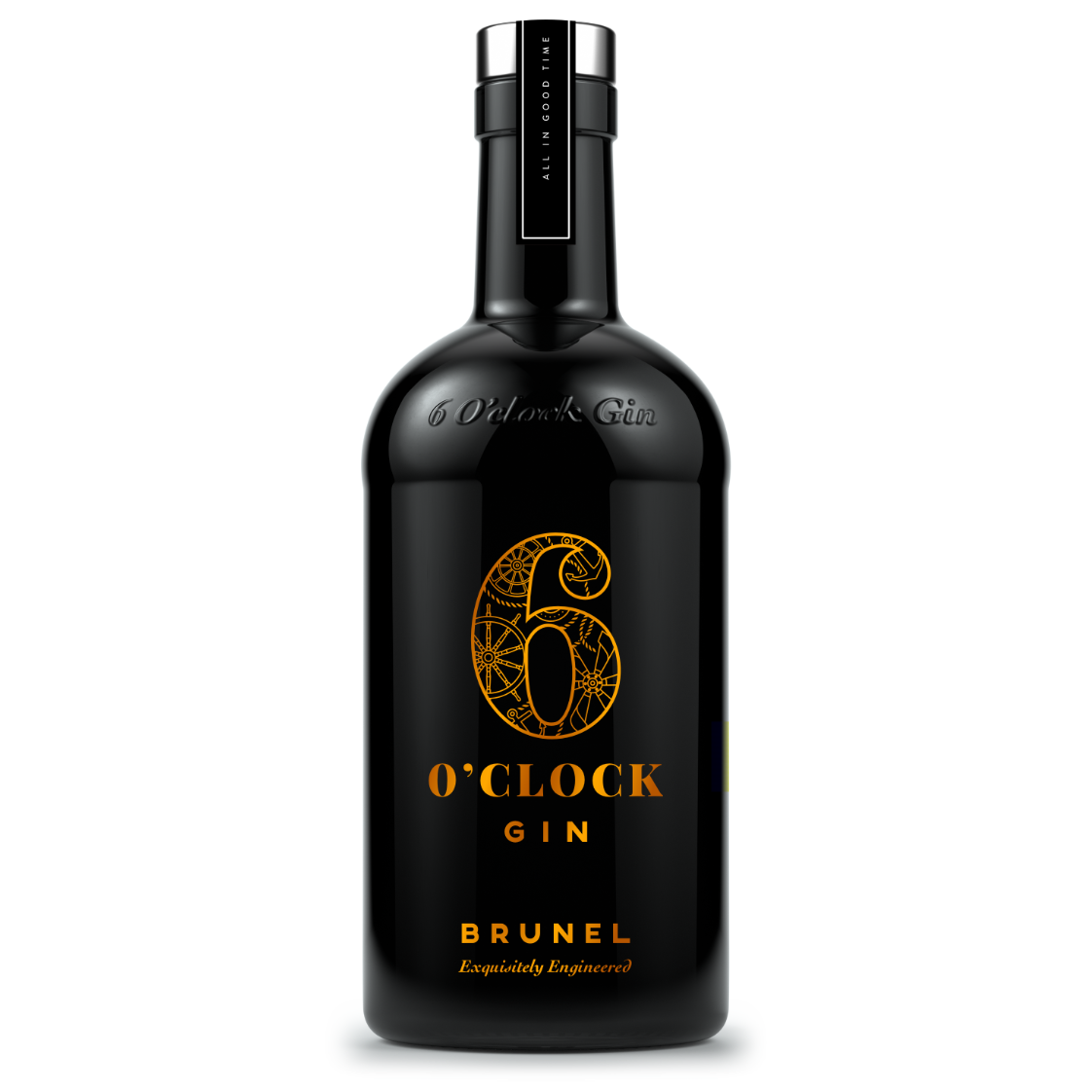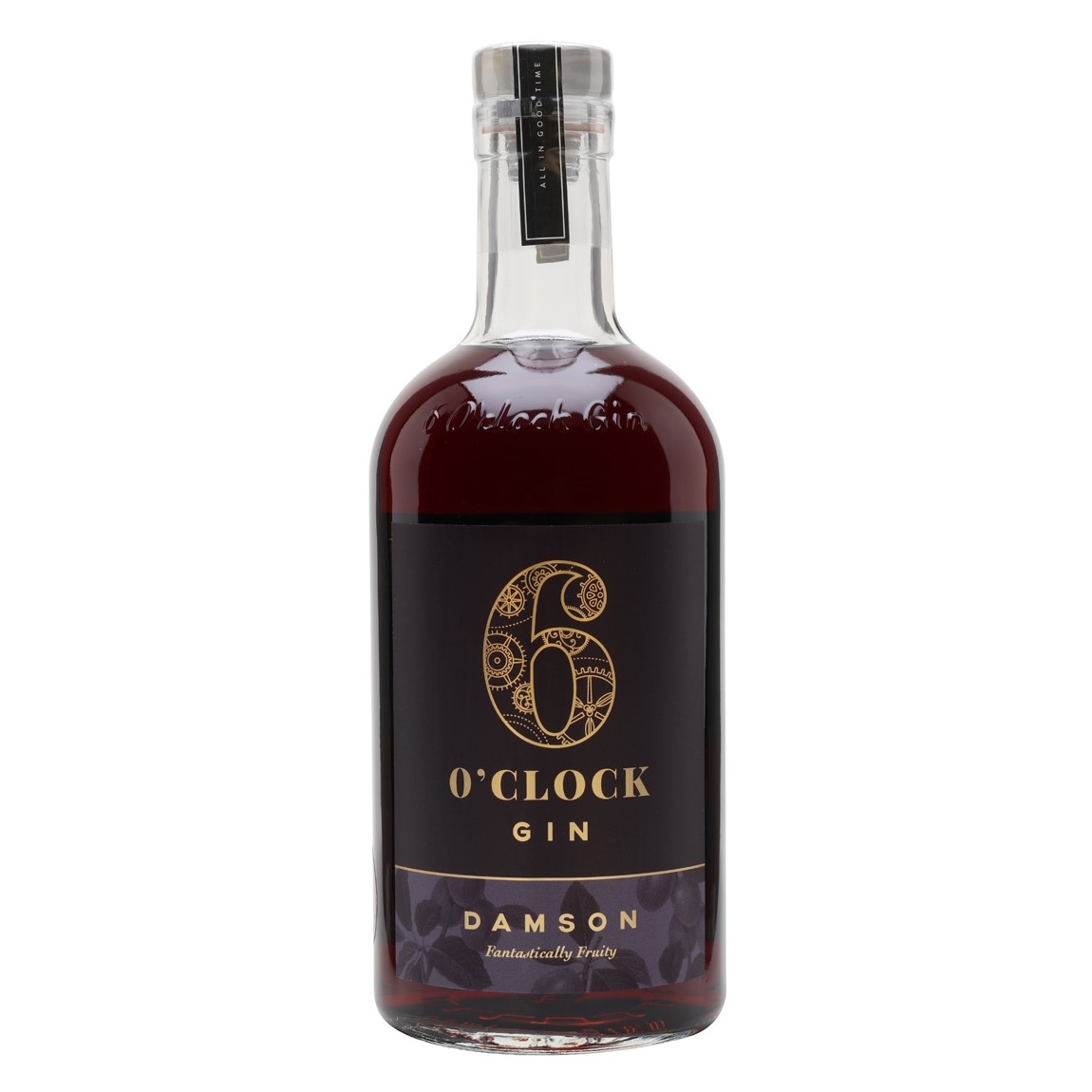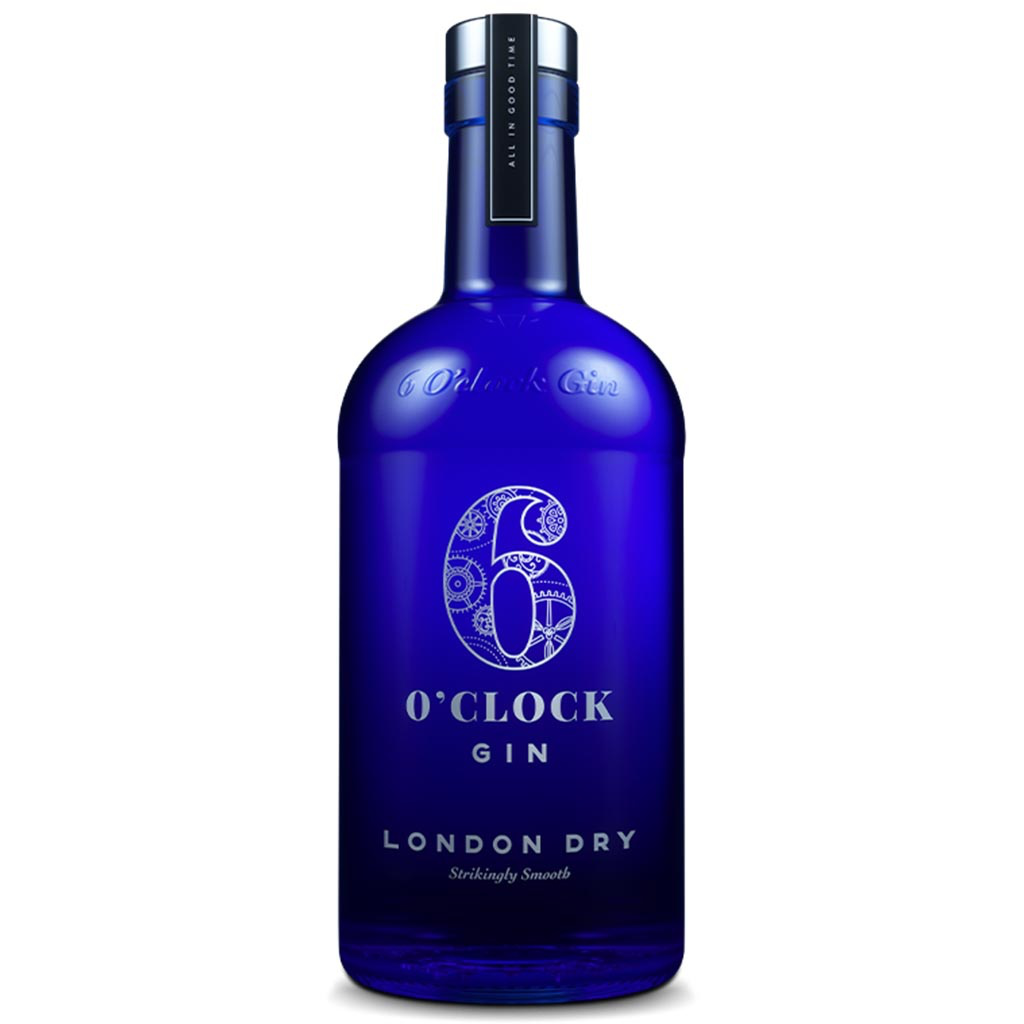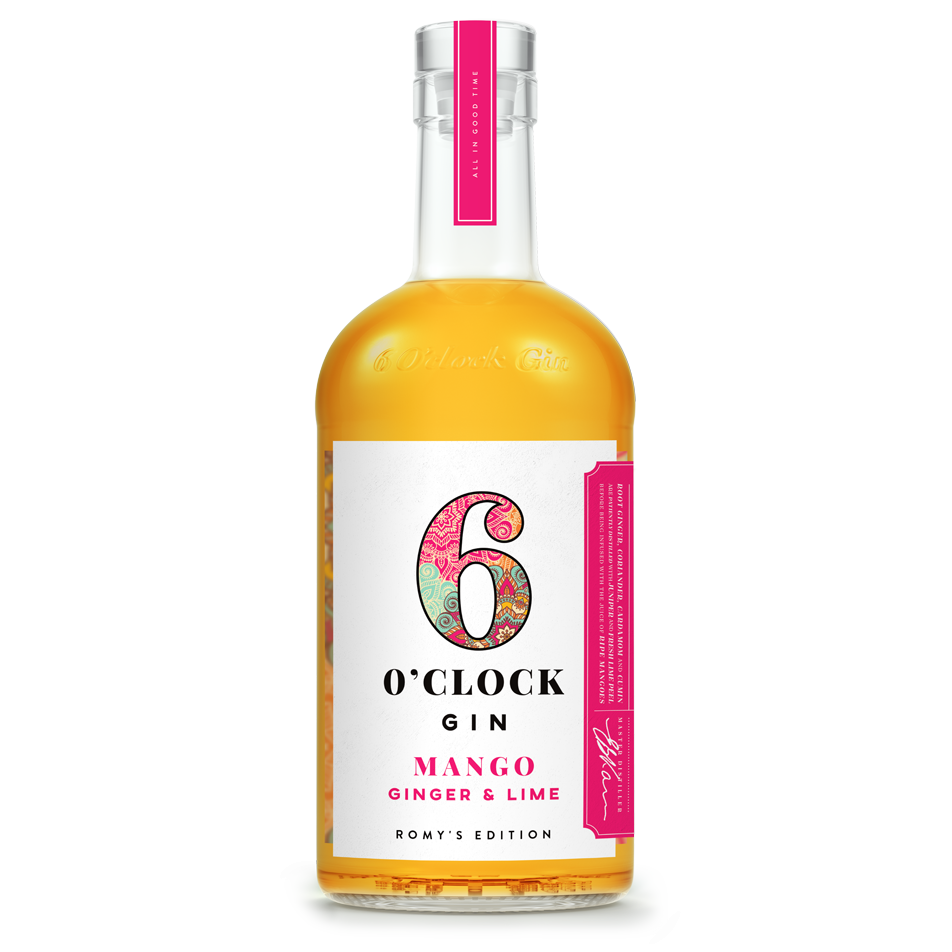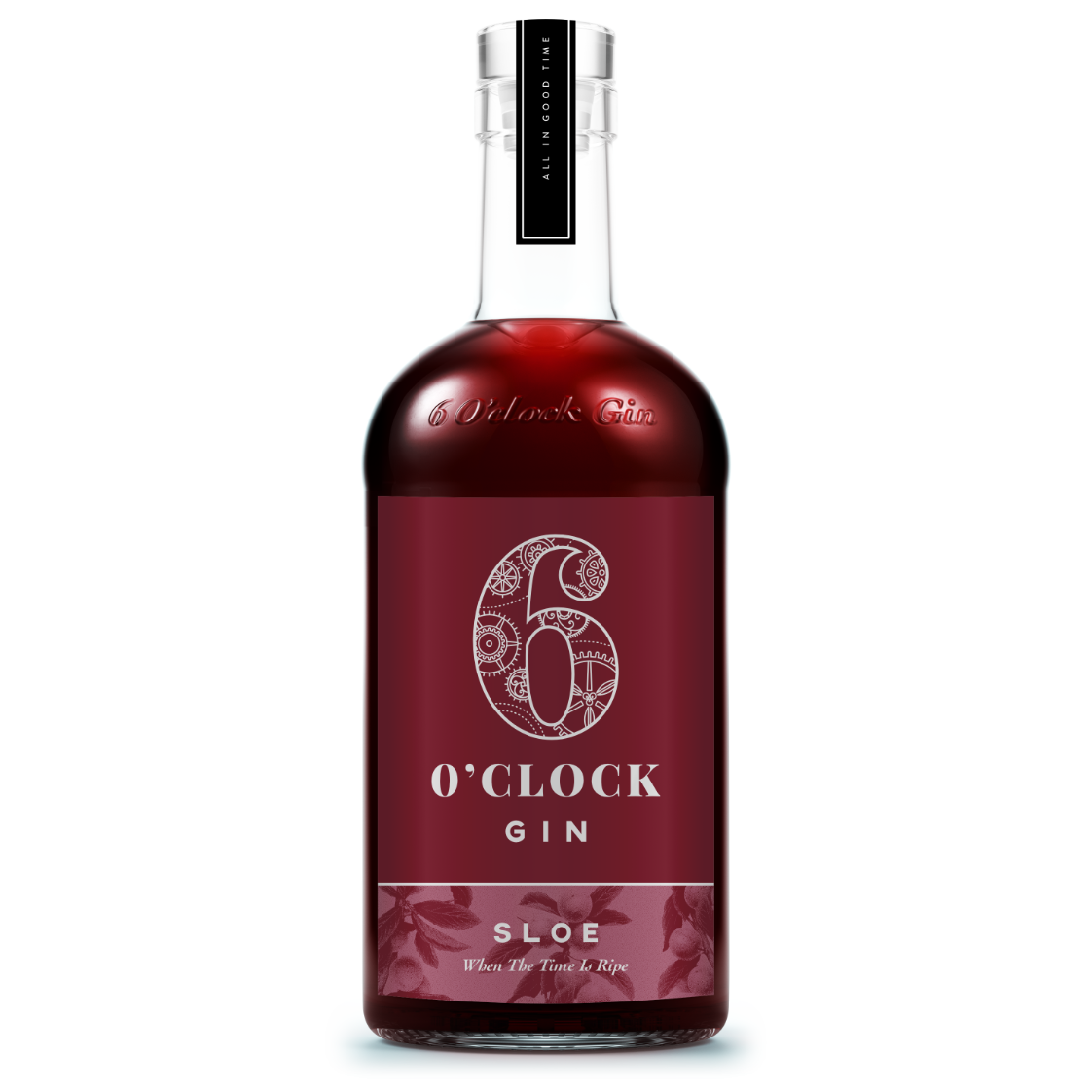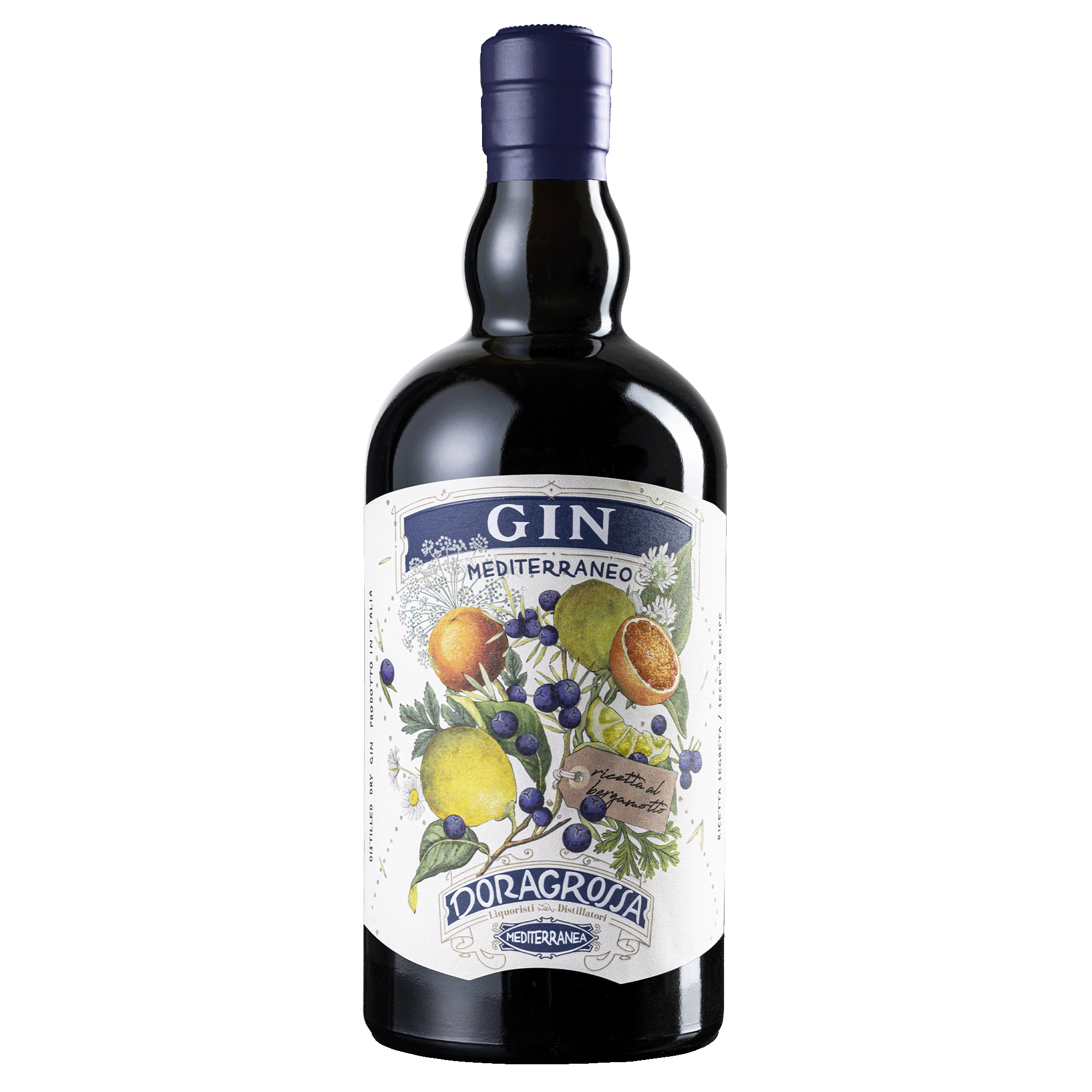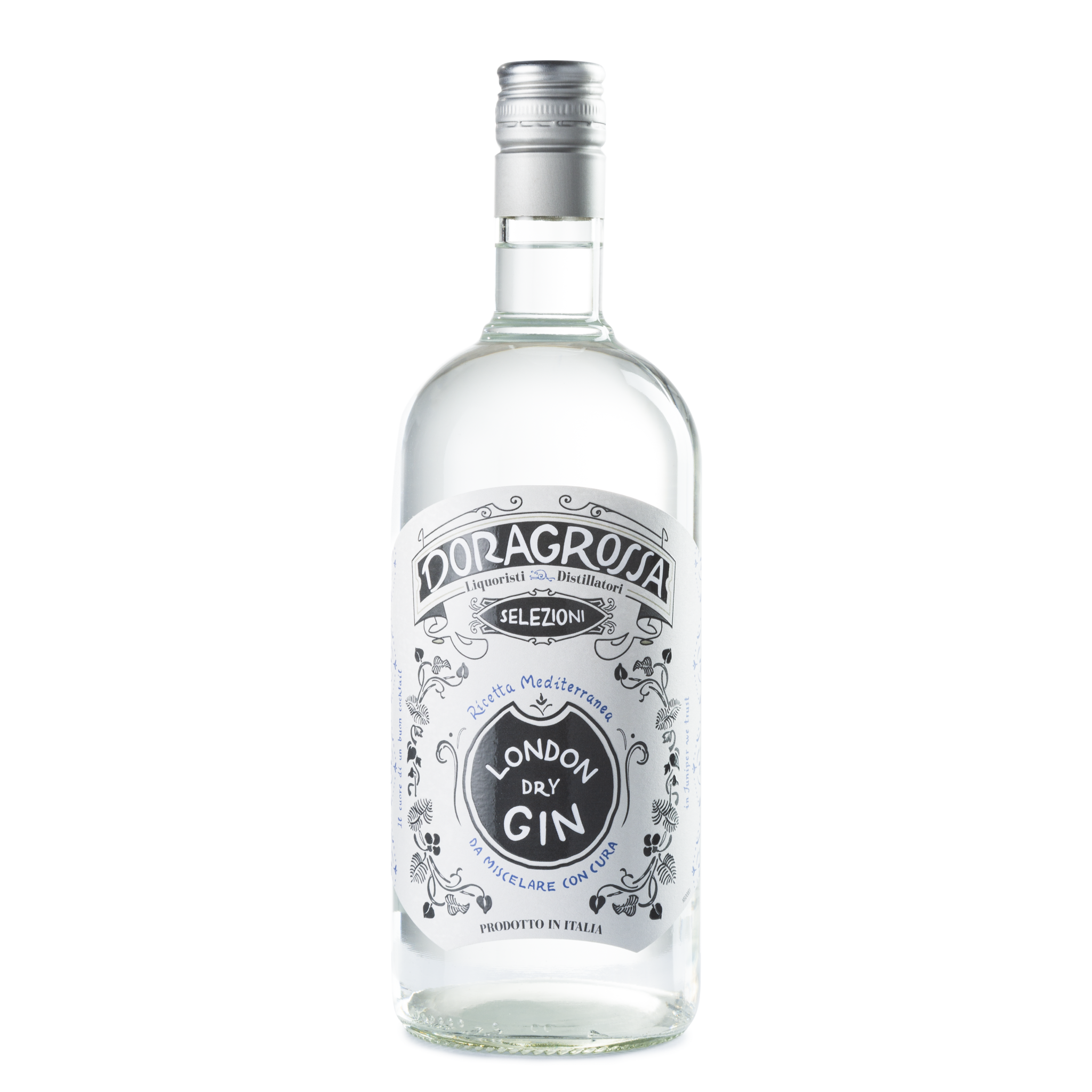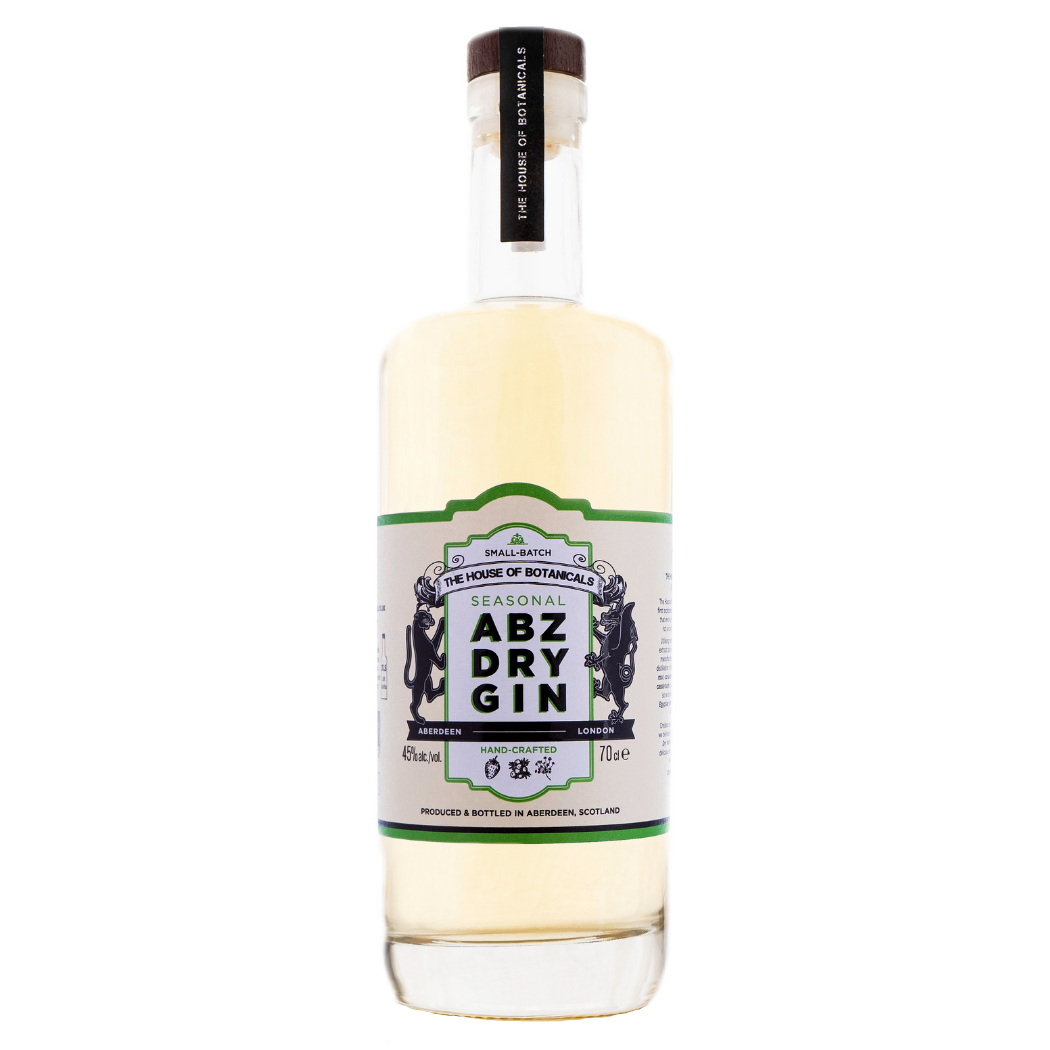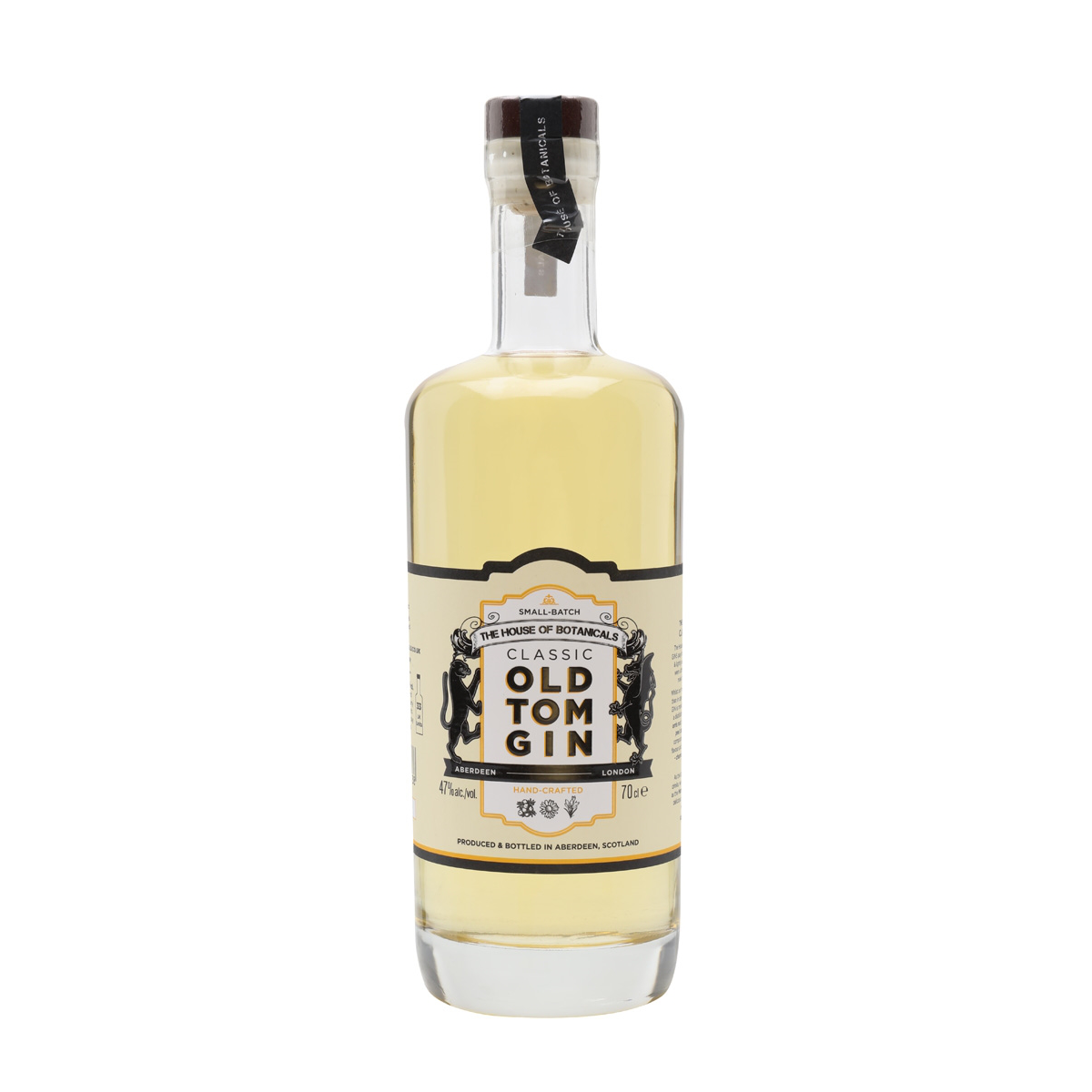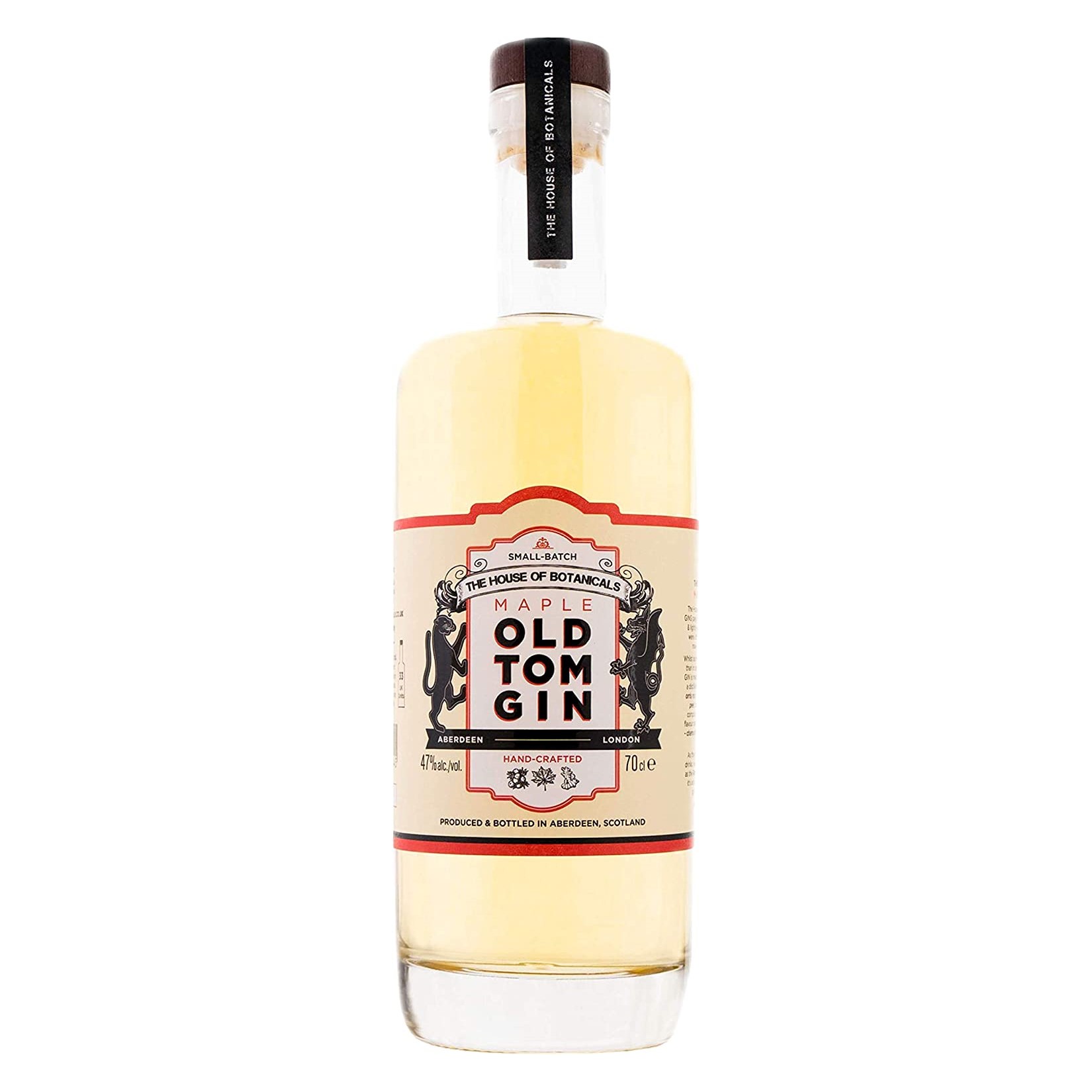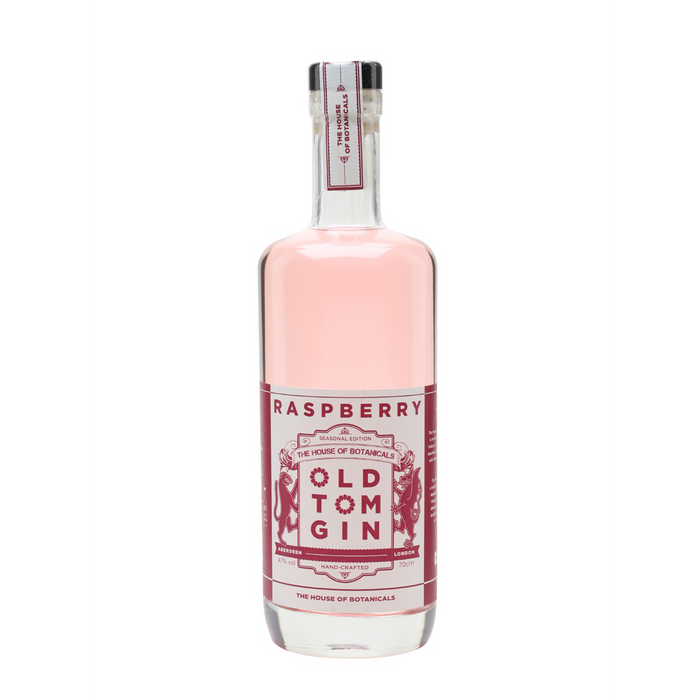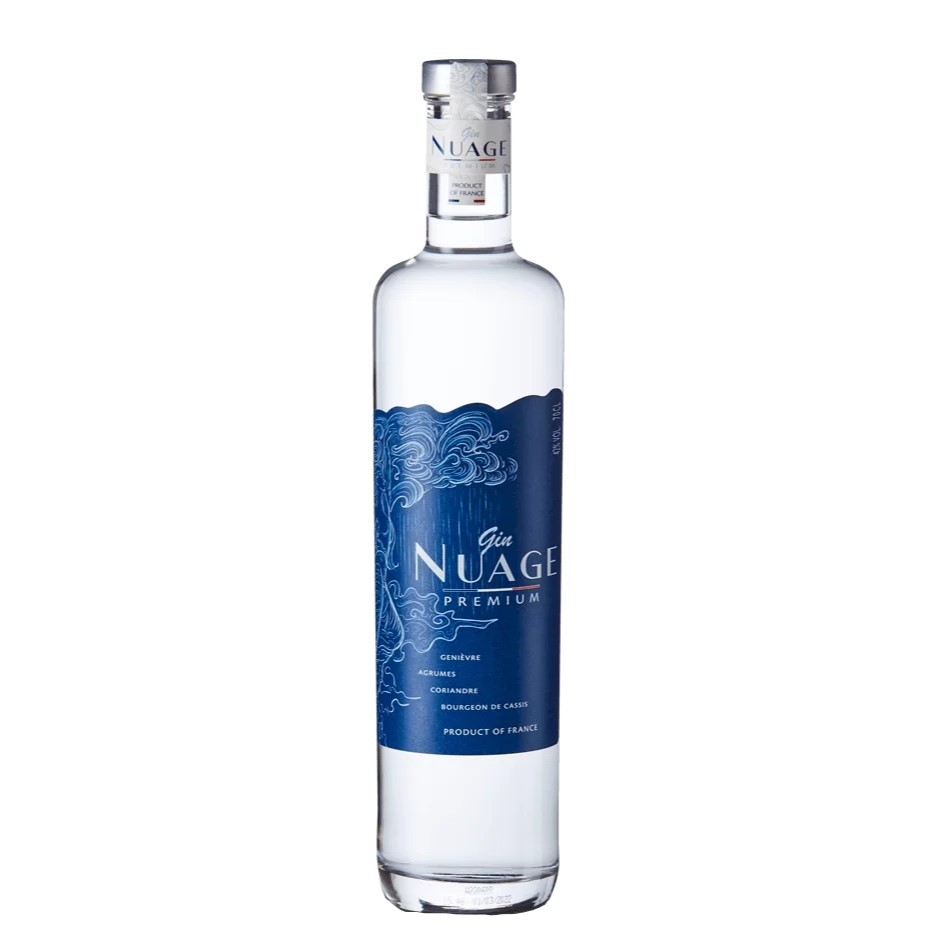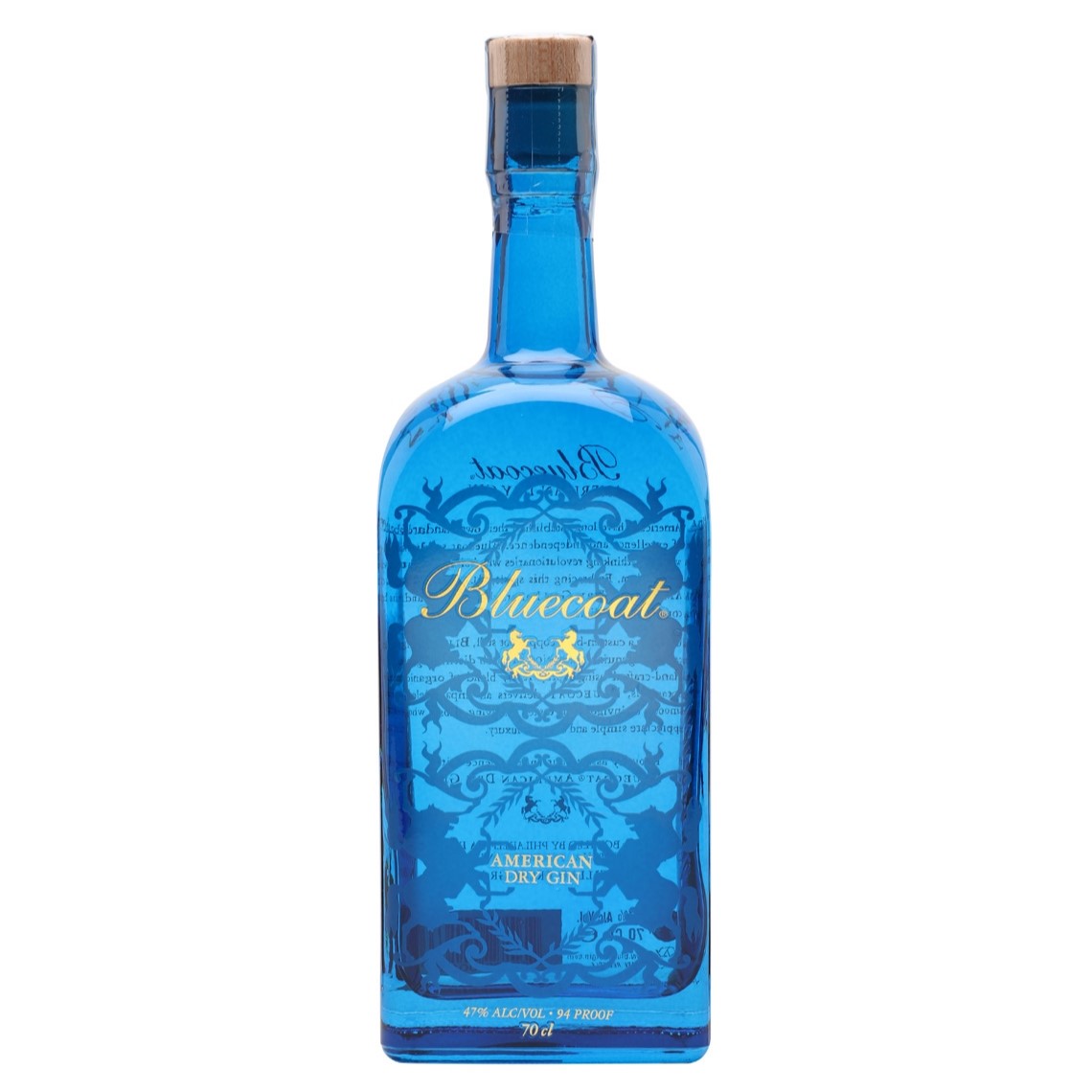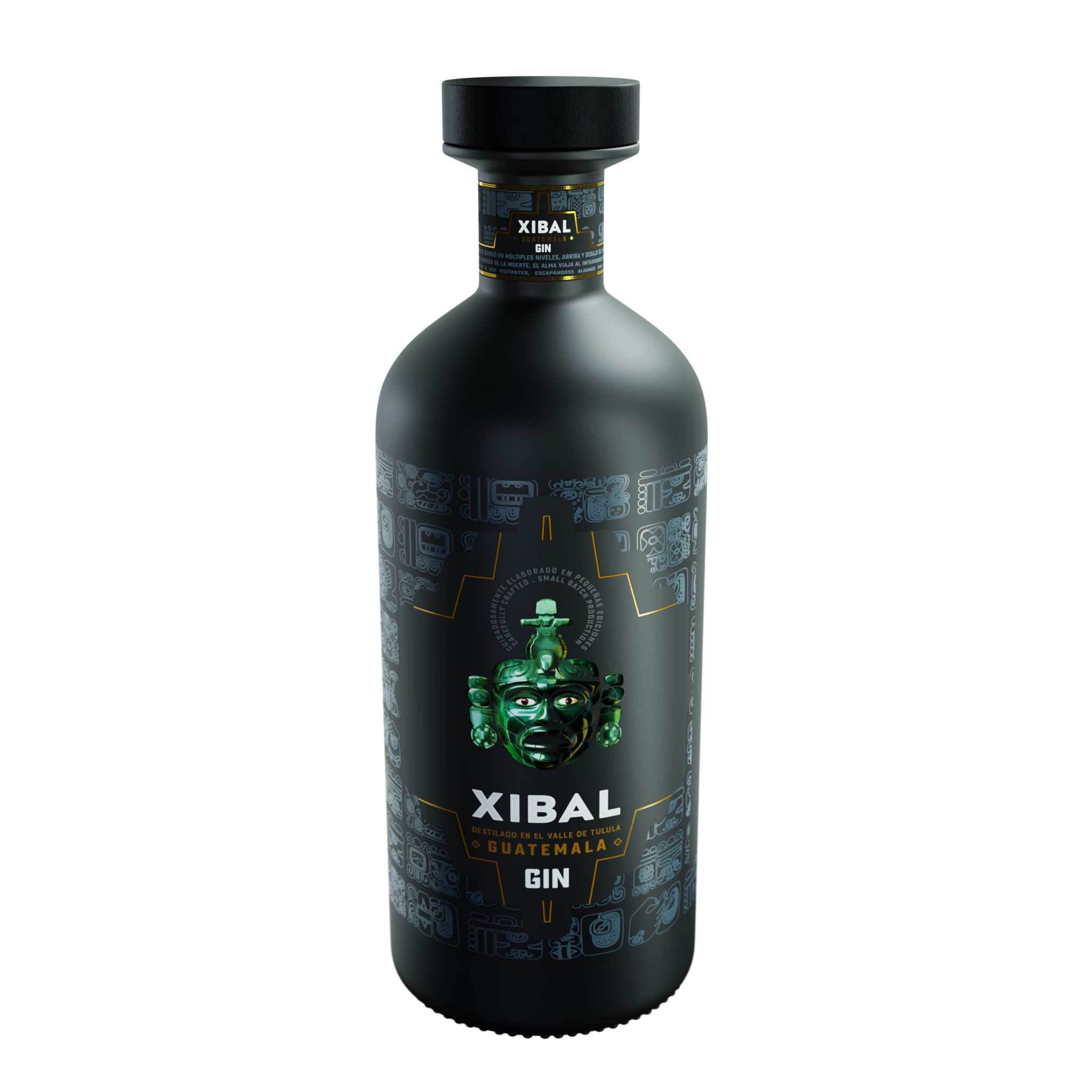Types of Gin
London Dry Gin: Despite its name, it doesn't have to be made in London. It is known for its crisp, dry flavor, and no artificial flavors or colors are added after distillation.
Plymouth Gin: This can only be produced in Plymouth, England. It has a slightly earthier flavor compared to London Dry.
Old Tom Gin: Sweeter than London Dry, it's often used in historical cocktail recipes.
New Western or Contemporary Gin: Focuses on botanicals other than juniper, offering a diverse range of flavors.
Production Process
The production of gin involves several steps:
Distillation: Gin starts with a base spirit, typically made from grains like barley, corn, or wheat. This neutral spirit is distilled to a high proof.
Infusion of Botanicals: Juniper berries are the primary botanical, but a variety of other botanicals such as coriander, angelica root, citrus peel, and spices are often added. These botanicals can be steeped in the spirit before distillation, placed in a basket within the still (vapor infusion), or added post-distillation.
Redistillation: The spirit is then redistilled, allowing the alcohol vapor to extract the flavors from the botanicals.
Dilution and Bottling: After distillation, the gin is diluted with water to achieve the desired bottling strength, usually around 40% ABV (alcohol by volume).
Flavor Profile
The defining characteristic of gin is the juniper berry, which provides a pine-like, resinous flavor. However, the diversity of botanicals means that gins can vary widely. Some gins are citrus-forward, while others might emphasize floral, herbal, or spicy notes.
Uses in Cocktails
Gin is a versatile spirit and forms the base of many classic cocktails:
Gin and Tonic: A refreshing mix of gin, tonic water, and often garnished with lime or lemon.
Martini: Typically made with gin and dry vermouth, garnished with an olive or lemon twist.
Negroni: Equal parts gin, Campari, and sweet vermouth, garnished with an orange peel.
Tom Collins: Gin, lemon juice, simple syrup, and soda water served over ice.
Gin's rich history and diverse range of styles make it a beloved spirit worldwide. Its adaptability in cocktails and unique flavor profile from juniper and other botanicals ensure its continued popularity. Whether enjoyed neat, with tonic, or in a complex cocktail, gin offers a distinctive and versatile drinking experience.


